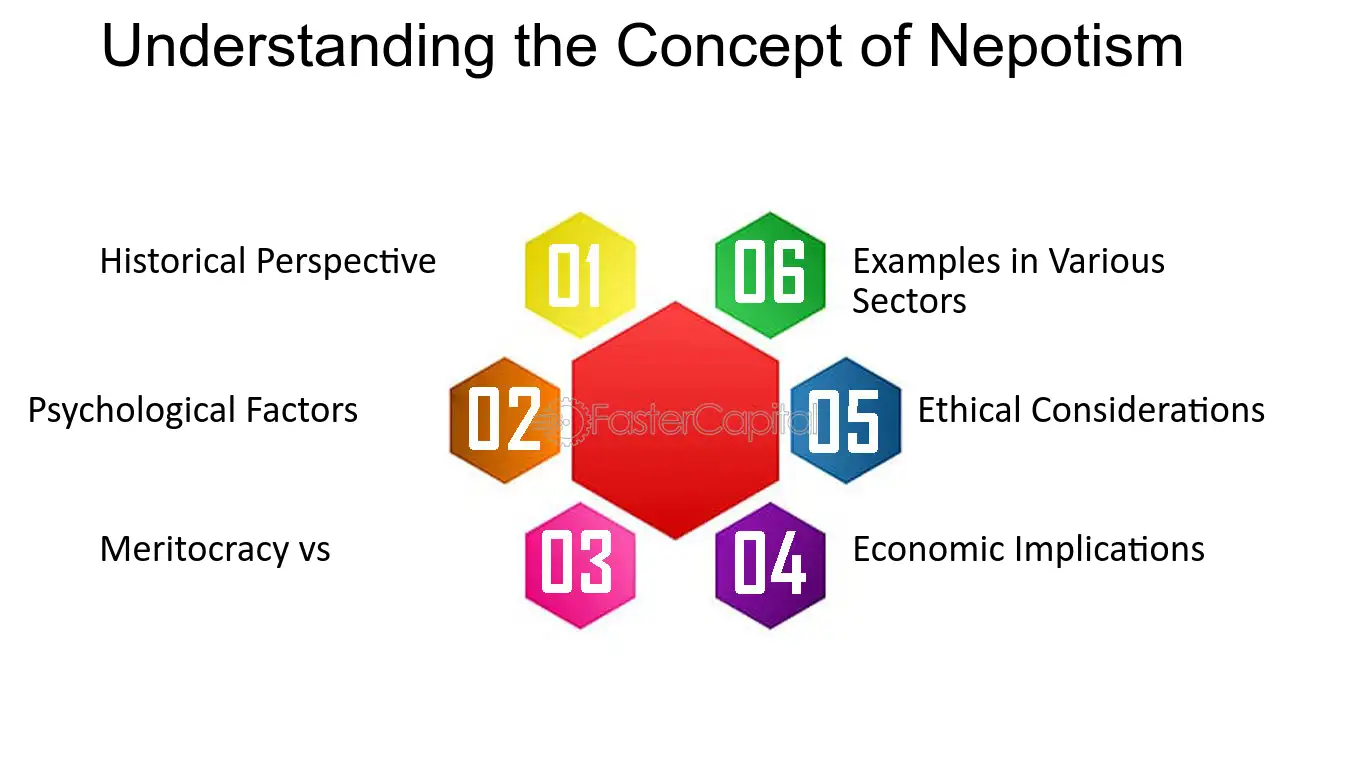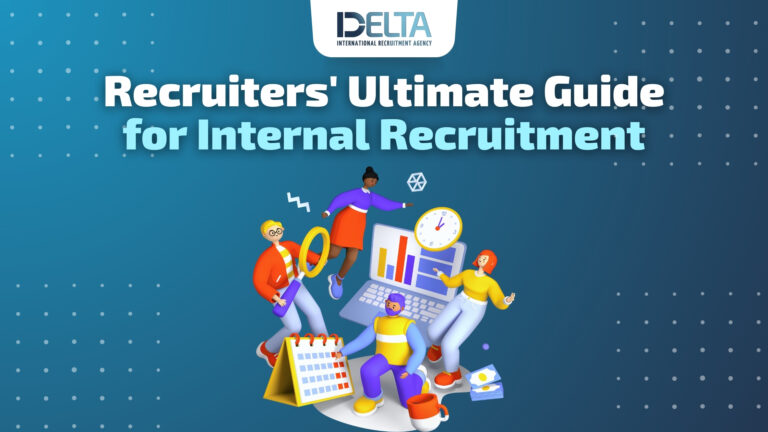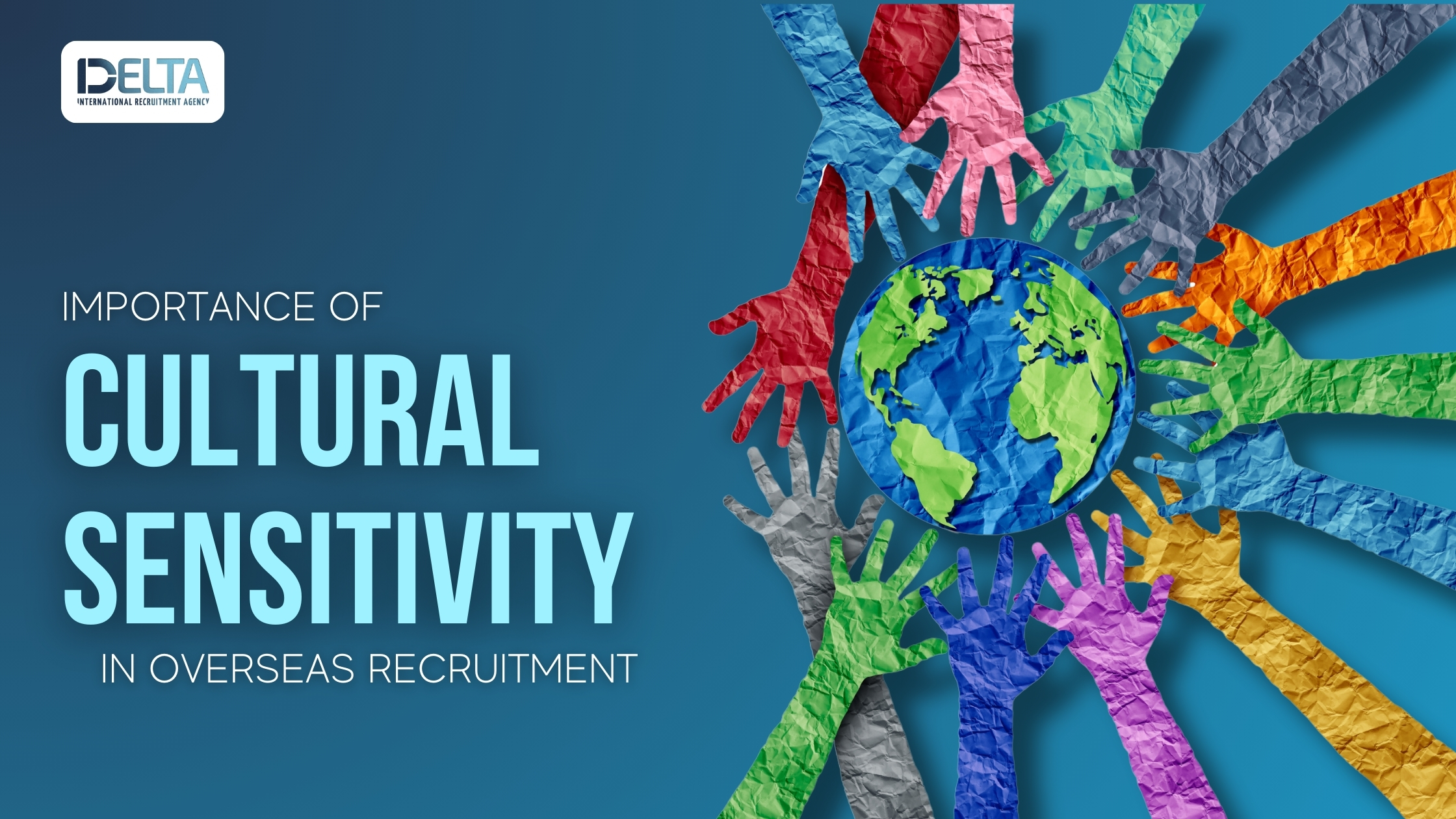What is Nepotism?
Nepotism is the practice of hiring or promoting someone based on their relationship with someone in power, rather than their qualifications. This can happen when a manager hires their own child or spouse, or when a politician appoints their friend or family member to a government position.
Nepotism can have a number of negative consequences, including:
- It can lead to discrimination against people who are not related to the person in power.
- It can create a hostile work environment for those who are not part of the "in-group."
- It can lead to lower productivity and innovation.
- It can damage the reputation of the organization.
The Causes of Nepotism
There are many factors that can contribute to nepotism in the workplace. Some of the most common causes include:
- Lack of transparency in the hiring process
- A culture of favoritism
- A lack of accountability
- A lack of diversity in the workplace
When these factors are present, it creates an environment where nepotism is more likely to occur. For example, if the hiring process is not transparent, it is possible that unqualified candidates may be hired simply because they are related to someone in the company. Similarly, if there is a culture of favoritism, employees who are friends with their managers may be more likely to receive promotions or other benefits than those who are not.

Image Source: fastercapital.com
The Effects of Nepotism
Nepotism can have a number of negative effects on the workplace, including:
- Frustration and resentment among employees who feel that they are being passed over for promotions or other opportunities because of their lack of connections.
- A decrease in morale and productivity as employees lose faith in the fairness of the system.
- A decrease in innovation and creativity as employees are afraid to speak up or challenge the status quo for fear of retribution.
- A loss of trust in management as employees see that nepotism is rewarded and not discouraged.
In addition, nepotism can lead to a number of legal problems for employers, including:
- Discrimination lawsuits filed by employees who feel that they have been discriminated against because of their lack of connections.
- Violations of anti-nepotism laws, which prohibit employers from hiring or promoting relatives of current employees.
- Damage to the company's reputation as a fair and equitable employer.
For all of these reasons, it is important for employers to take steps to prevent nepotism in the workplace.
The Disadvantages of Nepotism
Nepotism can have a number of negative consequences for both the organization and the individuals involved.
For the organization, nepotism can lead to:
- Inefficiency
- Unfairness
- Loss of productivity
- Damage to the organization's reputation
For the individuals involved, nepotism can lead to:
- Feelings of resentment and distrust
- Lack of opportunity
- Loss of respect
- Damage to their career
In addition, nepotism can create a culture of favoritism and discrimination, which can be harmful to the morale and productivity of the entire organization.
It is important to note that nepotism is not always negative. In some cases, it can be beneficial for the organization to hire someone who is related to a current employee. For example, if the person who is being hired is qualified for the job and has a good relationship with the existing employee, it is possible that they will be a valuable asset to the organization. However, it is important to weigh the potential benefits of nepotism against the potential risks before making a decision about whether or not to hire a relative of a current employee.
How to Prevent Nepotism
There are a number of things that can be done to prevent nepotism in the workplace. These include:
- Establishing clear and objective hiring criteria
- Ensuring that all job openings are posted publicly and that qualified candidates are given a fair chance to compete for them
- Creating a transparent hiring process that is free from bias
- Encouraging employees to report suspected cases of nepotism
- Disciplining employees who engage in nepotism
By taking these steps, employers can help to create a more fair and equitable workplace where everyone has a chance to succeed.
How to Deal with Nepotism
If you are facing nepotism at work, there are a few things you can do to deal with the situation.
First, try to talk to your boss or manager about the issue. Explain that you feel you are being treated unfairly because of your relationship with a coworker or manager. Be prepared to provide specific examples of how you have been treated differently.
If your boss or manager is not receptive to your concerns, you can file a complaint with your HR department. HR will investigate the situation and take appropriate action if they find that there is evidence of nepotism.
You can also try to find a new job. If you are not happy with the way you are being treated at your current job, it may be time to start looking for a new one.
Dealing with nepotism at work can be difficult, but it is important to remember that you have rights. If you are being treated unfairly, you should not be afraid to speak up and stand up for yourself.
The Future of Nepotism
Nepotism is a complex issue with no easy solutions. However, there are a number of things that can be done to address the problem and reduce its negative effects.
One important step is to raise awareness of the issue and educate people about the harms of nepotism. This can be done through public awareness campaigns, educational programs, and research studies.
Another important step is to strengthen anti-nepotism laws and regulations. These laws should make it clear that nepotism is illegal and should provide for strong penalties for those who engage in it.
Finally, it is important to create a work culture that does not tolerate nepotism. This means creating a culture of fairness, equality, and transparency. It also means ensuring that there are clear and objective criteria for hiring and promotion decisions.
By taking these steps, we can help to reduce the incidence of nepotism and create a more fair and equitable workplace.
Tips for Employers: Recruiting Guides




